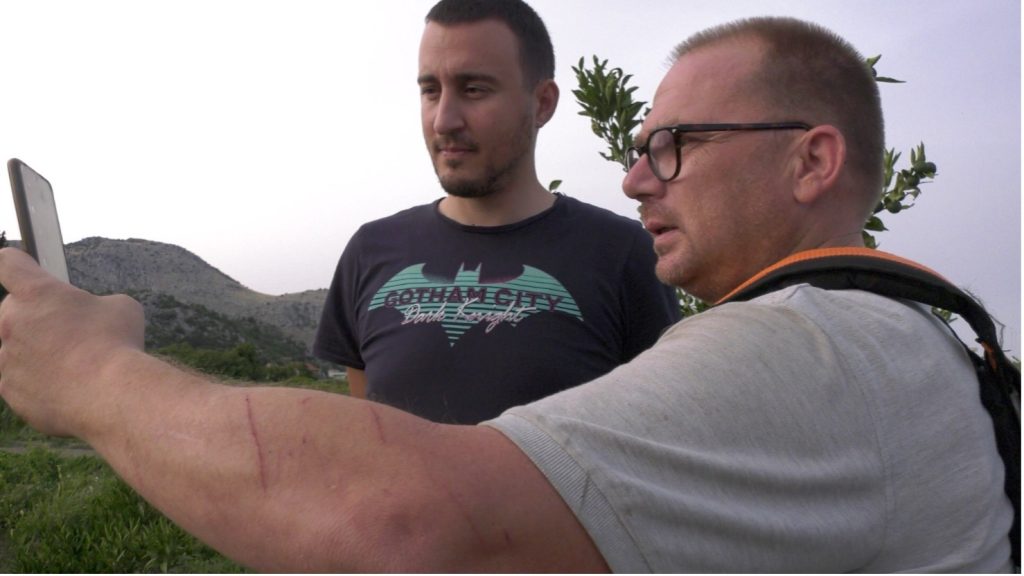Press Release − 10 Nov 2021
Going local and face to face for the first time – dRural partners explore and build ecosystems in their respective rural communities.
dRural partners have recently been planning how to set up regional ecosystems in their respective countries. The aim is to identify local needs of all actors involved (regional demonstrator, inhabitants, associations, public authorities, policymakers, service providers and any other relevant stakeholders) and to ensure future digital services will match.
In this respect during the face-to-face meetings in local communities – particularly the one in Jämtland Härjedalen region attended by the project coordinator – regional partners organized workshops and interviews with local residents, entrepreneurs and businesses. So far, meetings have been held in Croatia, Sweden and Spain, with the Netherlands on the way.
Shaping dRural’s regional ecosystems
What would an ecosystem look like? Who are the different players? What are the needs of the community? What are the challenges? How to cluster types of beneficiary? Such were some of the topics raised in the local meetings and workshops.
In the workshops held in Osijek, Croatia, participants played with ideas for expanding and upgrading the dRural platform in six thematic areas: Health and Social Care, Tourism, Local Farmers Market, Business Development, Transport and Mobility and e-Government. Local partners also presented the project and the virtual market concept at a roundtable entitled “EU funding opportunities to strengthen competitiveness by investing in digital and green transition”.
Regional synergies were identified including a possible collaboration between dRural and a strategic project by Osijek-Baranja County – the regional distribution centre for fruit and vegetables. This could join up the green and blue Croatias.
In Extremadura, Spain, partners focused on how to implement the technology: the servers, the name, the brand, and the organization. The objective is to create specific regional indicators to assess the impact of dRural in the region. The next step will be to determine the typology of interviewees the sectors to be addressed through the platform in order to create the Extremadura ecosystem. Moreover, the meeting identified transparency as a key issue to address while providing health-related services.
The progress made in the understanding of the regional ecosystems will ensure the creation of valuable specifications for each stakeholder in the ecosystem.
What now?
As future work, the project is geared to address data collection methodologies and indicators constructed from the interviews being carried out (especially inhabitants in Krokom Municipality) and to be further expanded involving local citizens. The outputs are expected to nurture and provide useful insights to other project’s activities and to consolidate them in the context of future meetings.



